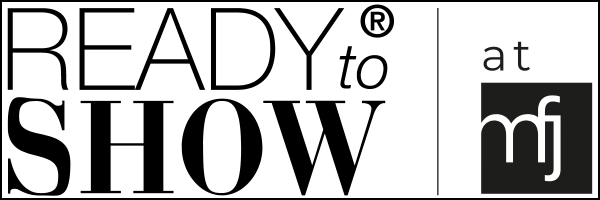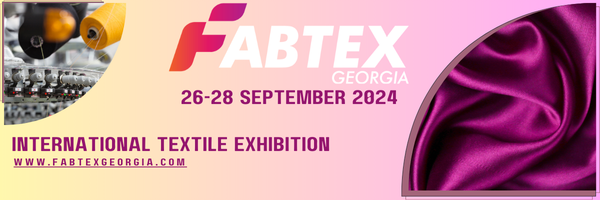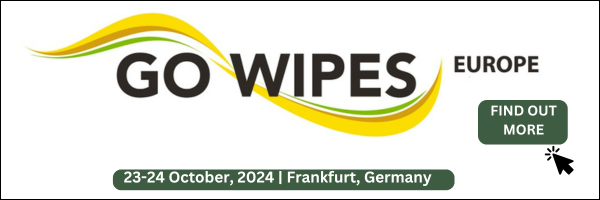As the world faces the COVID-19 pandemic, DailyNews had a chat with one of the fashion designers, Kaone Moremong of House of Kay, in a quest to find out how the situation has affected their industry.
House of Kay is among the many fashion designers feeling the pinch from the coronavirus outbreak that has claimed many lives and infected hundreds of thousands all over the world.
House of Kay, which specialises in red carpet and wedding attires, has dressed all Miss Botswana title-holders from 2017 including the current one, Oweditse Phirinyane.
The label, which prides itself on dressing local socialites and celebrities, has been closed for six months.
Moremong said as other industries their industry had not been spared.
“Fashion is synonymous with people and without people it means no livelihood. After the announcement of the 28 days of extreme social distancing period everyone was forced to stay in their homes.
Many of us are financially burdened by layoffs and new childcare responsibilities, and the desire to buy new clothes feels like a distant dream.”
Moremong said small and micro companies were hit the hardest as cashflow was interrupted.
She noted that a few of her colleagues were trying to diversify and make masks as a preventative measure against coronavirus.
“Most of us are not able to do anything because our suppliers are closed as well,” she said.
Moremong added that she was hesitant to use cloth masks because they had dyes, which were not safe given that one had to breath in an enclosed mask.
“That is why fashion designers use protective masks when cutting fabric. I am presently looking for a safe material to use for making the masks. It has to be 100 per cent cotton or 100 per cent organic. The idea is to avoid harmful chemicals that can come from the fabric and fabric dyes,” she said.
Moremong said although government efforts to keep them afloat were commendable, she wished manufacturers, including textile suppliers, could have been declared essential service providers.
“If health professionals were needed at that magnitude, where do they get their scrubs?” she quizzed.
“We should be supplying them with protective wear as the textile industry. If we get a really bad outbreak our medical staff will need those. How are we going to import them as countries have closed their borders? Instead of importing these goods they could be supplied by locals,” she said.
She said for the textile industry to change and grow, government should make it tough for people to import unnecessarily.
“Some of us are cognizant of these problems, and the good thing about COVID-19 is that it is a wake-up call for us to device ways of overcoming the problems such as starting our own textile manufacturing industry.”
Moremong said it was one of the many issues standing between them and their creative stitch.
Source : BOPA

















